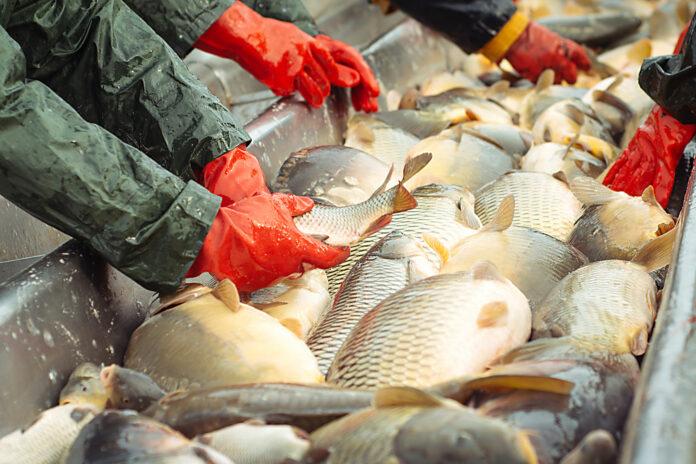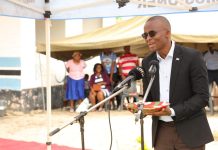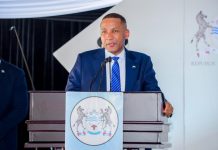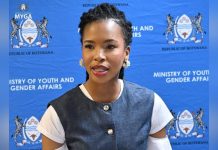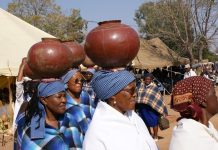Africa-Press – Botswana. Aquaculture, which is also known as fish farming is the fastest growing food production industry globally, according to the United Nations Food and Agriculture Organisation (FAO). Research suggests that 30 million tonnes of fish will be consumed globally by 2030, and capture fisheries alone cannot meet the demand, thus the need for rapid aquaculture expansion. However, sub-Saharan Africa has limited quantities of aquaculture production to meet the demand for fish.
In Botswana, despite being practiced at both commercial and subsistence level Fish farming is on the downward spiral. This is according to the Minister of Agriculture, Fidelis Molao who also shared with Parliament that there are currently 10 fish farms that are operational ranging from backyard to commercial scale. The farms in question are located at the following places, Kasane, Leshibitse, Gabane, Gaborone (phase 4), Francistown, Kumakwane, Sebina, Gantsi, Chadibe near Francistown.
Molao said the performance of these farms is dwindling due to a number of challenges such as lack of funding, high input cost, lack of locally produced inputs such as fish feeds.
Other factors affecting sustainability includes limited technical know-how, lack of subsidies especially for inputs and starter packs and so forth.
While the Ministry of Agriculture is responsible for fish farming in Botswana however the mandate for inland fisheries lies with the Ministry of Environment and Tourism. The Aquaculture function was transferred from the then Ministry of Environment and Tourism to MoA in 2017. MoA promotes development of fish farming through technical advice, training demonstrations and provision of fingerlings while the Ministry of Environment and Tourism is concerned with of fish and natural water bodies.
Molao said currently the Government facilitates establishment of fish farms by providing fish farming advice to fish farmers through extension service, training and supply of fingerlings that are produced at the Government hatchery in Mmadinare. Currently Mmadinare hatchery has a brood stock and we cannot breed because the hatchery is not functional.
“The fish farming technology is dependent on the farming system that is chosen by a farmer. The Government can only advice as to what is appropriate or not. The final decision of technology uptake is borne by the farmer,” Molao said.
Meanwhile a tender for the rehabilitation of the fish hatchery has been awarded and breeding will commence upon completion of the rehabilitation.”
The hatchery comes at a time when research show that global fish production from capture fisheries is declining while fish production from fish farming is on the increase. The Ministry of Agriculture has in the past revealed that Botswana imports nearly 3000 tons of fish per annum while the local fish farm production is approximately 100 tons. In a bid to grow aquaculture the government says it is on the verge of establishing a mini hatchery in Shakawe village in the north western part of the country. The aim is to improve the indigenous species genetically.
For More News And Analysis About Botswana Follow Africa-Press

